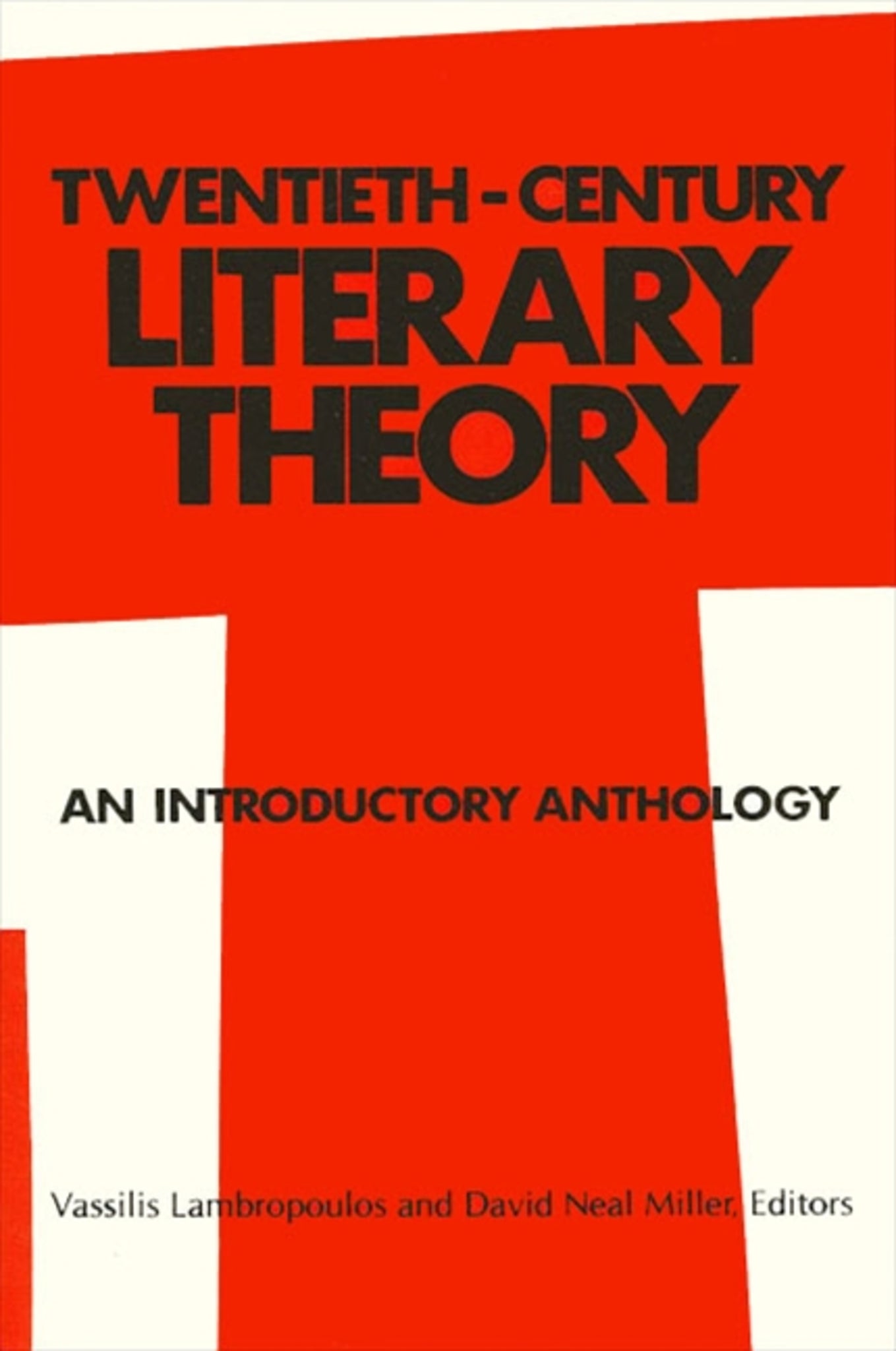We're sorry. An error has occurred
Please cancel or retry.
Twentieth-Century Literary Theory

Some error occured while loading the Quick View. Please close the Quick View and try reloading the page.
Couldn't load pickup availability
- Format:
-
09 January 1987

The ten topics contained in Twentieth-Century Literary Theory reflect contemporary theoretical interests and guide the reader through fundamental questions, from the formation to the uses of theory, and from the construction to the interpretation of literature. The selected essays cover a wealth of scholarship from both the United States and Europe. They go beyond traditional categories by focusing on issues rather than writers or critical movements, thus providing a forum for the continuing discussion of what theory is and does.


"It's unquestionably the best anthology of literary theory currently available. It supersedes all its competitors: it's up to date, more inclusive than any previous collection, and contains ingenious and welcome surprises in the way of 'extra-literary' selections that enhance its value by intelligently broadening its scope. It should prove irresistible to anyone interested in modern literary theory. This anthology is au courant." — Jack Davis
Introduction
1. Theory
Orientation of Critical Theories
M.H. Abrams
Problems in the Study of Literature and Language
Jurij Tynjanov and Roman Jakobson
Structure, Sign, and Play in the Human Sciences
Jacques Derrida
2. Literature
Preliminary Problems
Yvor Winters
The Mode of Existence of the Literary Work
Rene Wellek
[Symbolic Action]
Kenneth Burke
3. Author
The Intentional Fallacy
W.K. Wimsatt Jr. and Monroe C. Beardsley
Literature and Biography
Boris Tomashevsky
What Is an Author?
Michel Foucault
4. Tradition
Tradition and the Individual Talent
T.S. Eliot
On Literary Evolution
Jurij Tynjanov
The Dialectics of Poetic Tradition
Harold Bloom
5. Conventions
Philosophical Investigations, sec. 156-67, 197-203
Ludwig Wittgenstein
Conventions
Raymond Williams
6. Style
Linguistics and Literary History
Leo Spitzer
The Heresy of Paraphrase
Cleanth Brooks
The Status of Style
Nelson Goodman
7. Narrative
Distance and Point-of-View: An Essay in Classification
Wayne C. Booth
Discourse Typology in Prose
Mixail Baxtin
Elements of a Narrative Grammar
A.J. Greimas
8. Interpretation
What Is a Text? Explanation and Understanding
Paul Ricoeur
Demonstration vs. Persuasion: Two Models of Critical Activity
Stanley Fish
Psychoanalysis and the Polis
Julia Kristeva
9. Reception
The Reading Process: A Phenomenological Approach
Wolfgang Iser
The Writer's Audience Is Always a Fiction
Walter J. Ong., S.J.
Introduction (0.1, 0.2)
Umberto Eco
10. Evaluation
Taste and the Reproduction of Art
Benedetto Croce
Reasons and Judgments
Monroe C. Beardsley
Contingencies of Value
Barbara Herrnstein Smith
Appendix A: Supplemetary Readings
Appendix B: Chronology
Appendix C: Sources
Index



